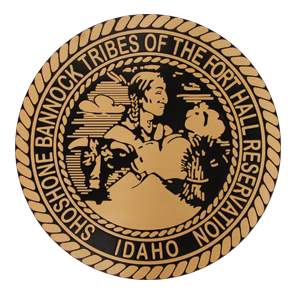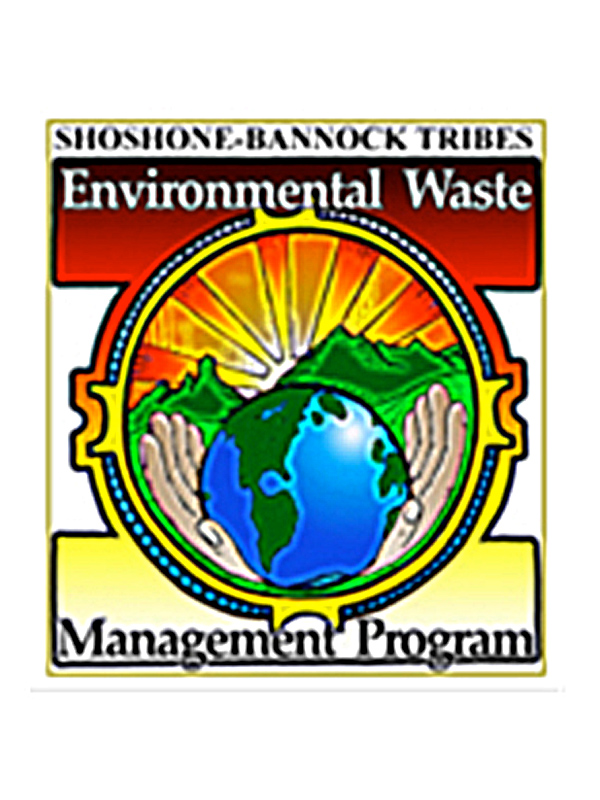Land Use Department.
The Land Use Department's first priority is the management of Tribal Lands on the Reservation.
Programs
The mission of the Land Use Department is to enhance the quality of life, promote economic opportunity and to carry out the responsibility to protect and improve the trust assets of the Shoshone-Bannock Tribes of the Fort Hall Reservation. We will accomplish this through the delivery of quality management services of our Tribal natural resources, regulating and enforcing the Land Use Ordinance and continuing to work cooperatively with federal agencies in the spirit of self-determination to maintain tribal jurisdiction. The Land Use Ordinance is an ordinance that defines the overall policy of natural resource management on the Fort Hall Reservation and the management of the use of lands within the exterior boundaries of the reservation and those lands on and off the reservation which are owned by the Shoshone-Bannock Tribes.
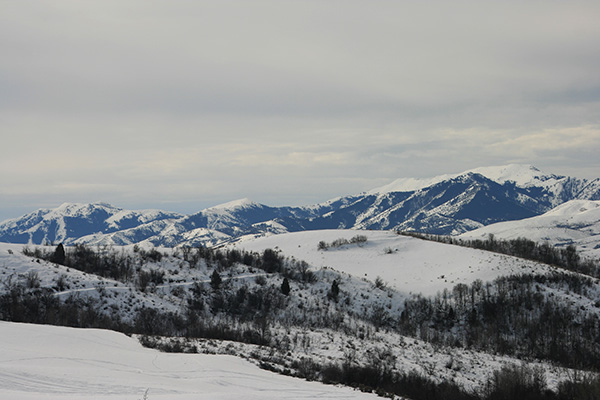
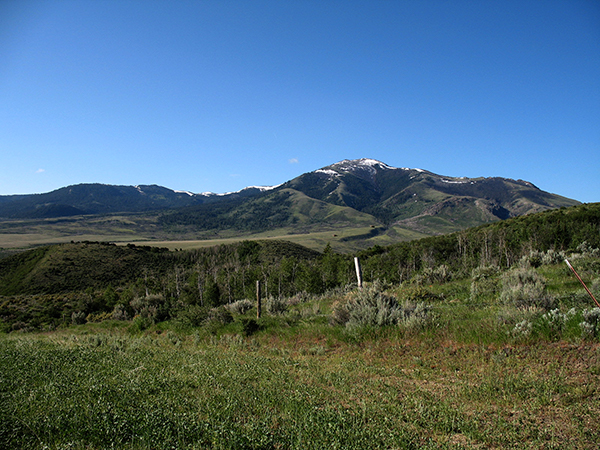
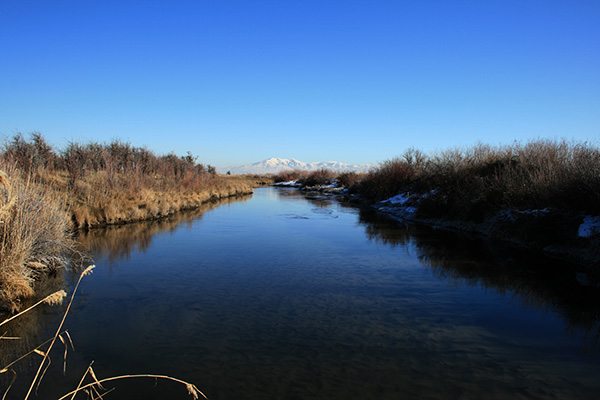
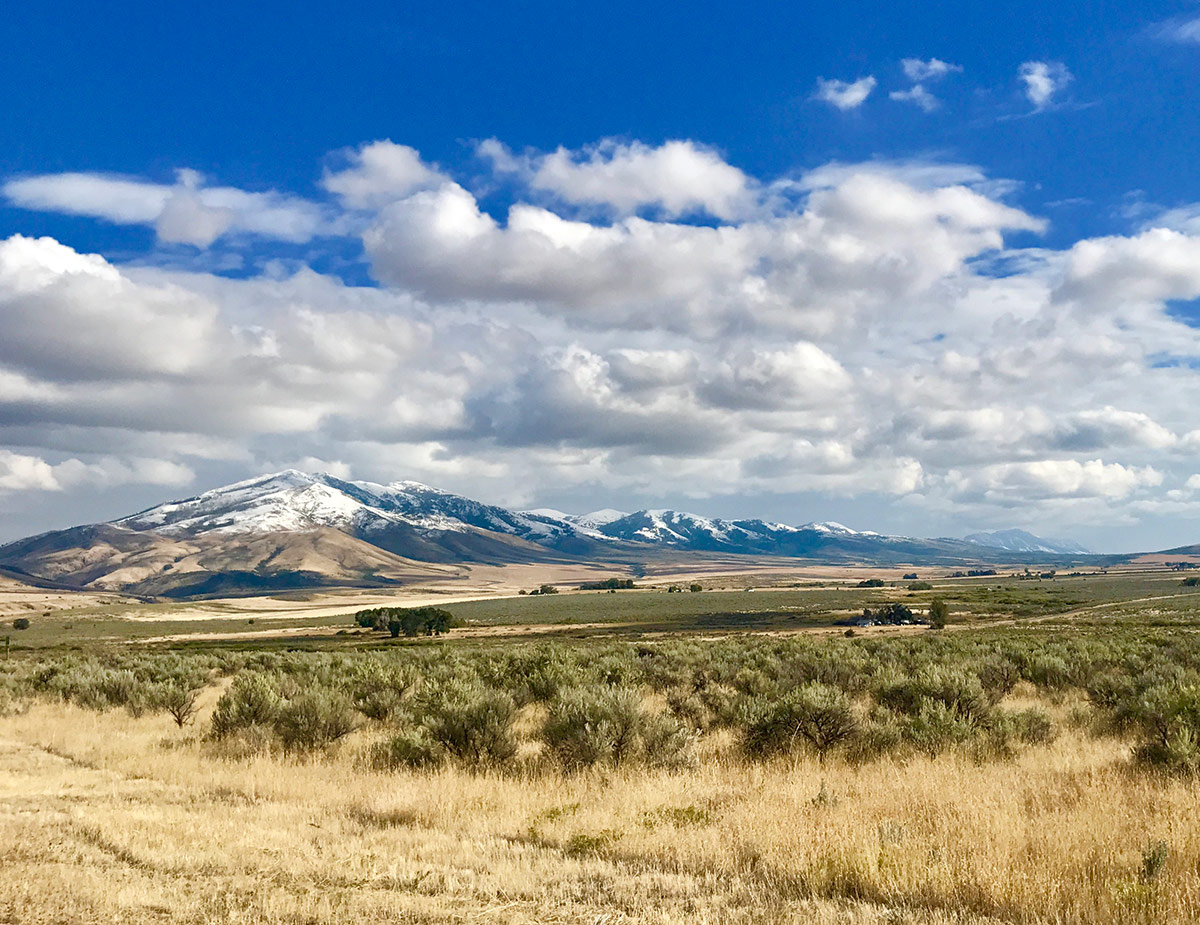
Land Use Policy Commission.
The Land Use Policy Commission is an elected three member Commission that operates under the Land Use Policy Ordinance. The policy of this Ordinance is to preserve all Tribal lands for the absolute and undisturbed use and occupation of the Tribes, control and regulate the use of all lands and natural resources, preserve the traditional and agricultural use of the land and natural resources, and to preserve, promote, and protect the character of the Fort Hall Reservation.
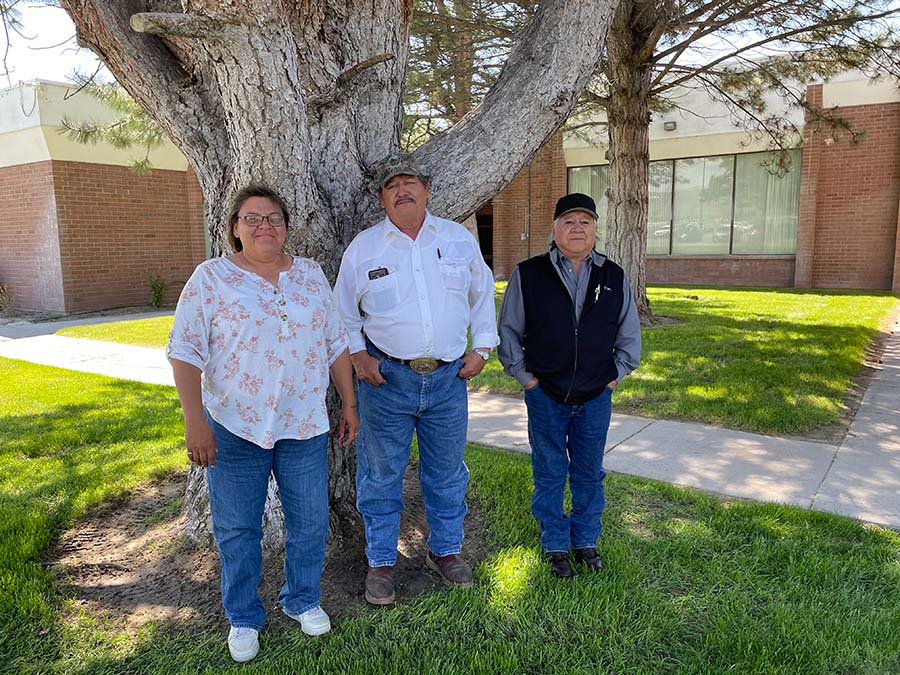
The Land Use Policy Commission:
Chairwoman: Laurie KniffinVice-Chairman: Pat Broncho
Secretary/Treasurer: Darrell Shay
Land Use Programs.
Agricultural Resource Management (ARM) Program.
The Agricultural Resource Management Program provides oversight, education and technical support relating to agriculture on the Fort Hall Indian Reservation. Currently, the ARM program has administrative responsibility for all leased farmland, the Agricultural Environmental Compliance Program, the Conservation Reserve Program, the Noxious Weed Control Program and the Mosquito Abatement Program.
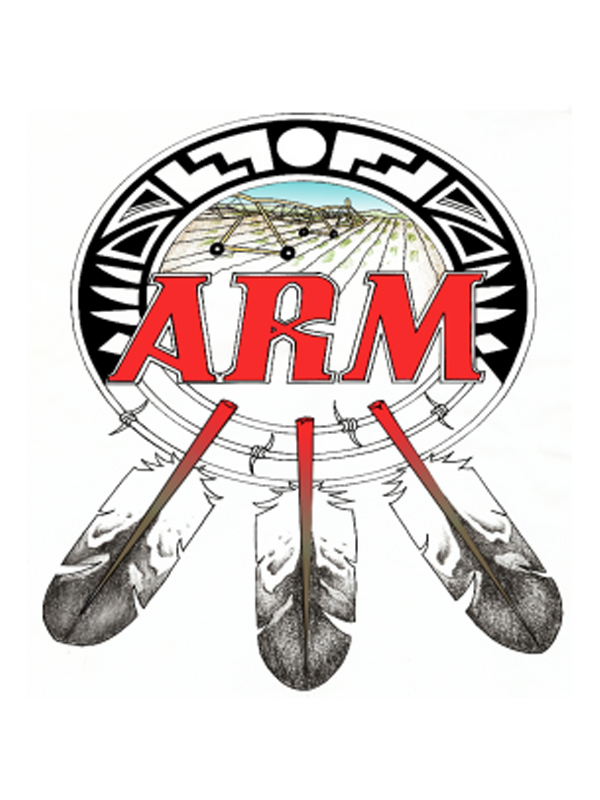
Air Quality Program.
The Tribal Air Quality Program works to protect the air quality of the Fort Hall Indian Reservation and protect and preserve the health and welfare of the Fort Hall Reservation community and its residents. The program monitors, issues permits, inspects the various air pollution sources, for existing or proposed facilities, on and off-reservation.
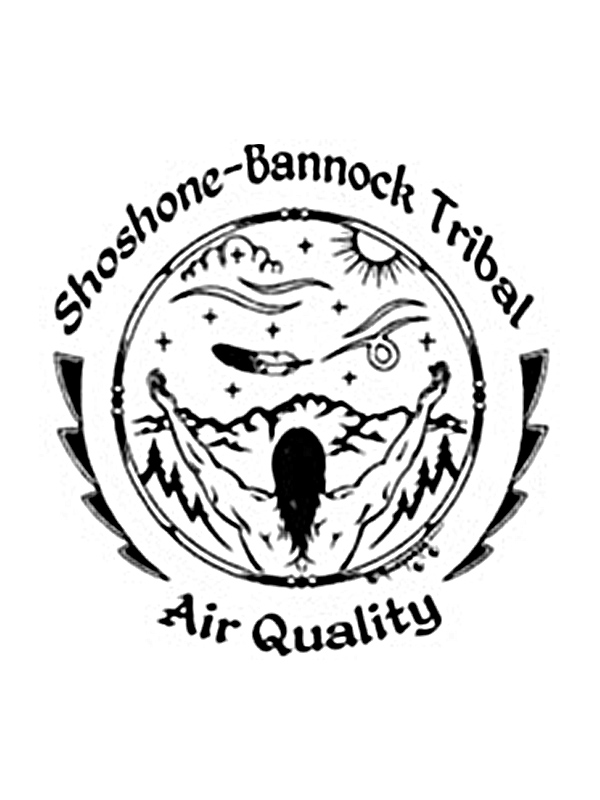
Environmental Waste Program.
The Environmental Waste Management Program (EWMP) provides comprehensive oversight and administration for environmental programs on Reservation, including: Solid Waste, Brownfields, Underground Storage Tanks, Comprehensive Environmental Response and Liability Act (CERCLA) or (Superfund) sites, and other hazardous waste.
Launch EWMP Website
Solid Waste Program.
The Tribal Solid Waste Program provides a community service to collect and dispose of solid waste materials, primarily residential/household waste. It operates in three districts, Bannock Creek, Lincoln Creek and Fort Hall.
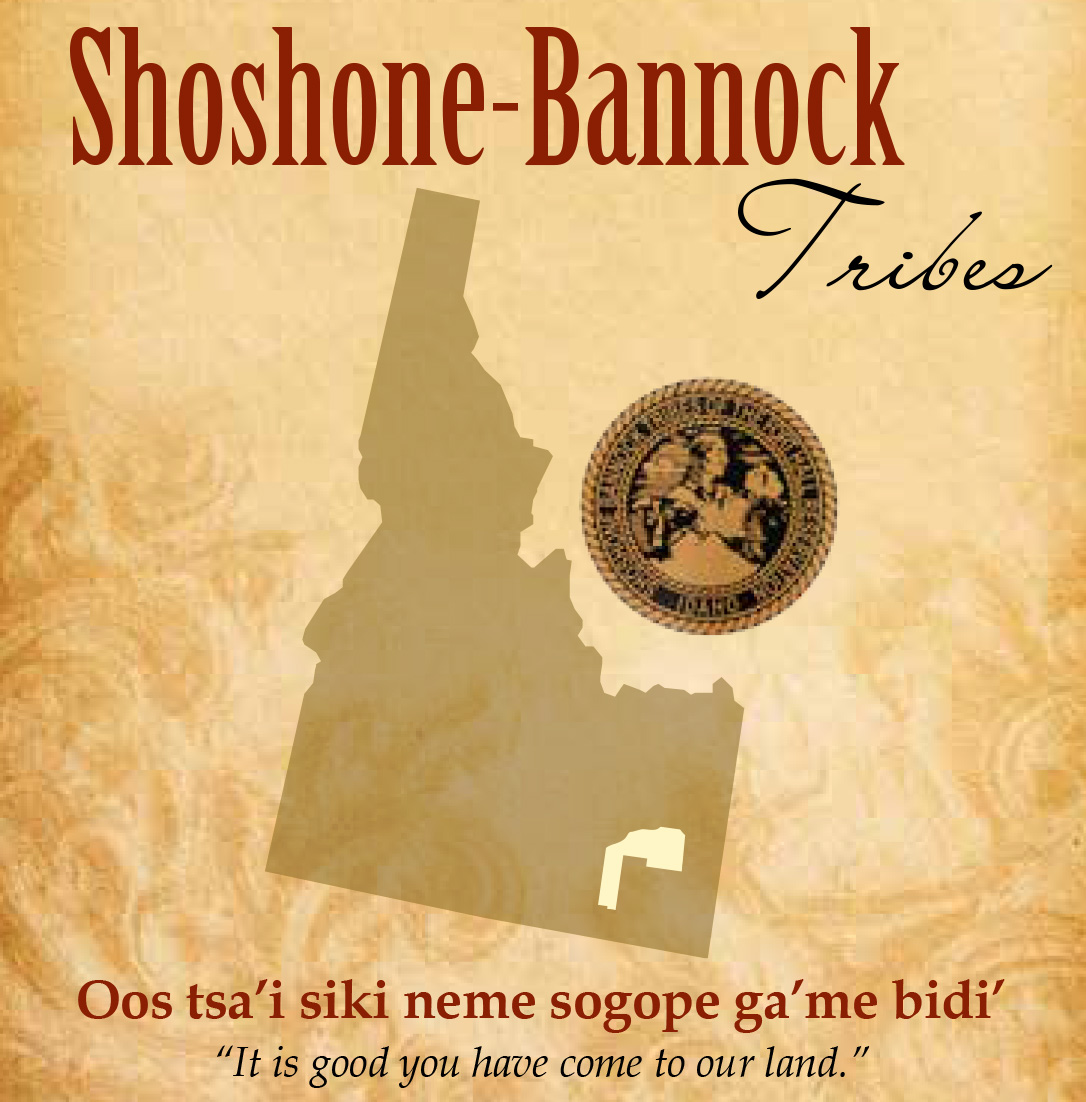
Our Thoughts on Climate Change.
The Shoshone-Bannock Tribes are already experiencing the impacts of climate change on their natural resources, landscapes, and people. By engaging in efforts to identify adaptation strategies and actions to minimize the negative effects of climate change, the Tribes have demonstrated their continued commitment to protecting their vital natural resources. The Tribes will continue to implement projects across landscapes in the near term and utilize the information in this report to plan long-term strategies and projects to build resilience. These efforts, will help ensure that culturally significant natural resources are preserved for future generations.
Program Contacts .
Wyatt Petersen
Land Use Director
wpetersen@sbtribes.com
Main Office Line : (208)478-3823 or (208)478-3825
Fax Line: (208)478-3897
P.O. Box 306, Pima Drive
Fort Hall, ID 83203
Launch in Maps
Land Use Highlights .
Contact Land Use Department.

Contact Us
Wyatt Petersen Land Use Director P: (208)478-3896P.O. Box 306 Fort Hall, ID 83203Our Land, Our Future.
The preservation of the agricultural land base and the natural resources located thereon is the life blood of the reservation and is paramount to the inhabitants.
